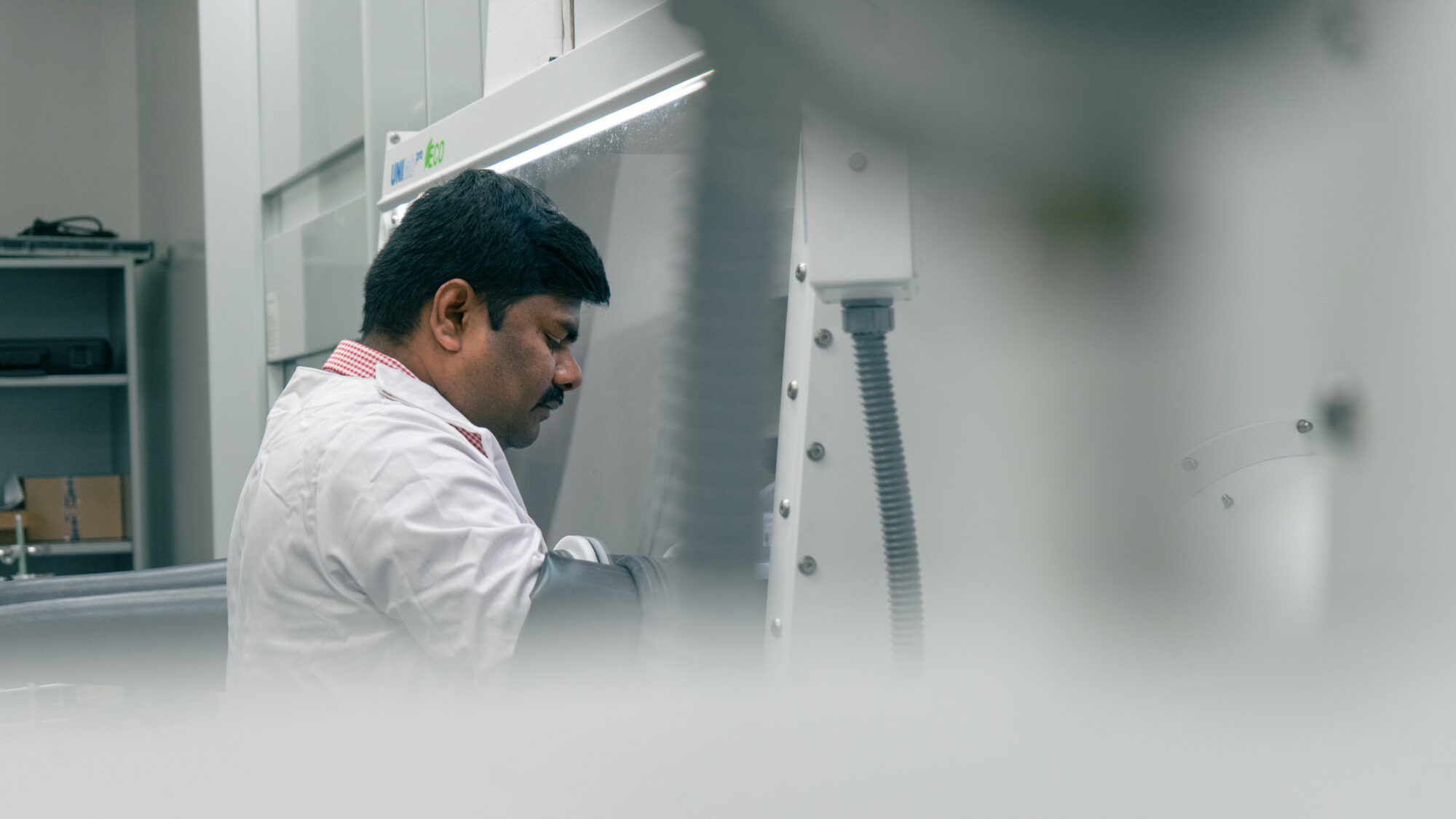The measurement of our planet’s gravitational field, known as gravimetry, allows us to extrapolate the rate at which climate changes are occurring by detecting small variations in Earth’s gravitational field, caused, for example, by melting ice. Inês Sofia Garcia, a Research Engineer at INL, is focused on the development of a high-precision MEMS (micro electromechanical system) accelerometer, crucial for detecting the gravity field shifts of our planet. This accelerometer is a system capable of converting a mechanical phenomenon into an electrical one, and vice versa, transforming an electrical signal into a mechanical displacement. “Our group is creating a MEMS accelerometer to measure Earth’s acceleration changes,” explains Inês Garcia. “We handle the system’s modelling, design, fabrication, and characterisation.” With rigorous demands for stability, power management, and satellite orientation accuracy, this research work strengthens Portugal’s position in the global space sector. The team developed the device as part of the uPGRADE project, and at INL, we are already looking ahead to its next phase: uPGRADE-NEXT. In this new project, the device will undergo space qualification and is set to be included in the first uPGRADE microsatellite launch, planned for mid-2026. These flagship projects, led by Rosana Dias and Filipe Alves, will also […]
Read more


